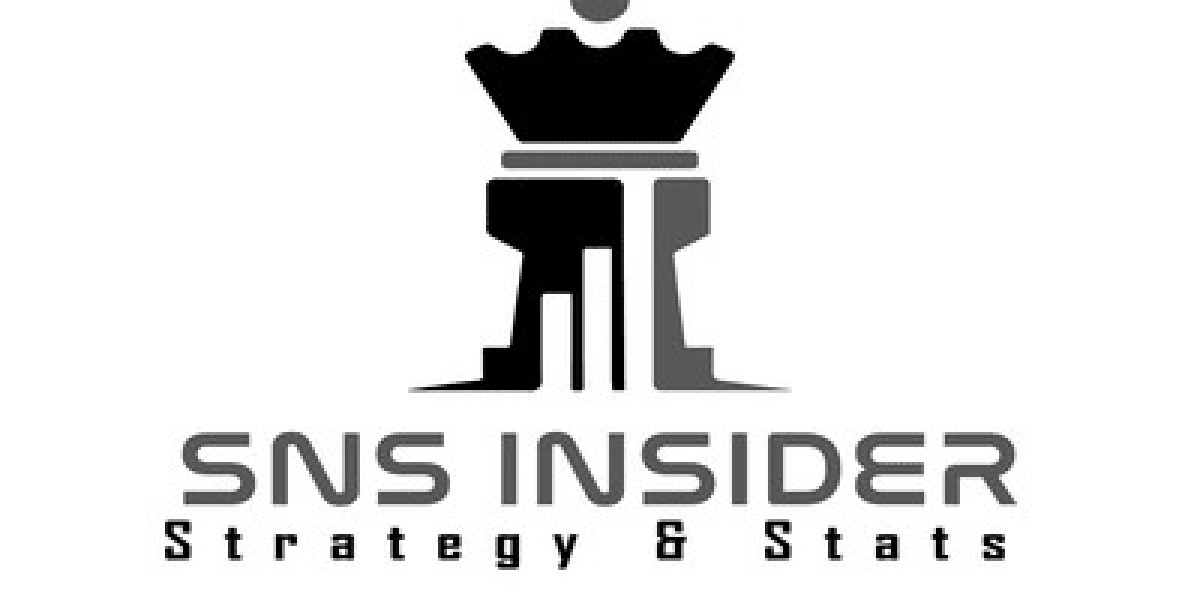Academic achievement depends on effective study techniques, yet these techniques are frequently laborious and time-consuming. This post will go over the value of effective study techniques as well as the advantages of time-saving student study tips hacks. You may improve productivity and save time by using these study strategies, which will help you achieve higher academic results.
The Value of Effective Studying Techniques
Achieving academic objectives and optimizing learning capacity requires effective study habits. You may maximize your learning experience and maximize your time by creating efficient study techniques. Effective study techniques help you concentrate on important ideas, remember knowledge better, and comprehend the material more thoroughly overall. These routines also help you to better manage your workload and lower your stress levels, which contributes to a more balanced and satisfying academic path.
Time-Saving Study Hacks: Advantages
For students, there are several advantages to using time-saving study tips. First of all, it makes learning faster and easier, giving you more time for leisure or other pursuits. Study tips that save you time also let you cover more ground more quickly, which improves your comprehension and memory of the content. They may assist you in setting priorities for your homework so that you can devote enough time to each subject or topic.
These tips can also help you concentrate better, which will enable you to study the material more thoroughly and free from interruptions. You may improve your academic performance and maintain a good work-life balance by adopting time-saving study hacks into your daily practice. You can also go for hiring services like Write My Cheap Dissertation to manage your daily routine with academic pressure.
Healthy Study Habits
Reading books and notes for hours on end is not the only thing that goes into studying. Using effective study strategies may significantly impact your learning process and increase productivity. These ten Academic hacks for students can help you become more productive and will save you time.
Getting adequate rest and sleep
A vital study tip is to make sure you get adequate rest and sleep. Both retaining existing knowledge and absorbing new information require sleep. Cognitive function, including memory and focus, are negatively impacted by sleep deprivation. Make obtaining a good night's sleep your first priority before beginning a study session or an exam.
Productive Study Environment
Setting up a dedicated study area is crucial to improving your learning process and increasing productivity (Yovchenko, 2023). You may train your mind to focus when you enter a study room if you have a designated location for that purpose. Create a comfortable, well-lit, and organized study area to enhance focus. Minimize distractions by organizing your desk, avoiding noise, and using instrumental music or noise-cancelling headphones. Discover effective methods for creating a calm study space.
Recall that establishing a conducive study space involves identifying your triggers for concentration and sustained attention. Try out various configurations and schedules until you find the ideal mix for your tastes and learning style.
Information Condensing and Summarization
Information condensing and summarization are more time-saving methods. Focus on summarizing the essential points and essential facts rather than writing long paragraphs. To help you arrange your ideas and make your notes shorter, use bullet points or numbered lists. In addition, you may organize your notes and find particular content during review by using headings, subheadings, and highlighting.
You may increase productivity, optimize your revising process, and save time by incorporating these efficient note-taking techniques into your study regimen. Always try out various methods to see which one suits you the best.
Utilizing Mind Maps and Flashcards
Mind maps and flashcards are useful study tools for arranging content and strengthening recall. For easy review, make flashcards with important terminology, definitions, and information. Because they are portable, flashcards may be utilized for quick study sessions during breaks or travel. On the other hand, mind maps are graphic representations of thoughts and concepts that assist in making connections. They are especially helpful for courses that call for intricate linkages between several topics or a broad comprehension of the subject. By allowing you to view the material holistically, mind mapping facilitates information retention for tests.
Making Use of Internet Tools and Resources
There are a ton of materials available on the internet to help you study. To obtain study materials, practice tests, and interactive lectures, use digital tools, instructional websites, and online platforms. Diverse resources catered to varying disciplines and academic levels may be found on websites such as Quizlet, Coursera, and Khan Academy. With the aid of these resources, you may improve your comprehension of challenging material, uncover more explanations that fit your learning preferences, and consolidate your awareness of ideas.
Asking for assistance when required
Never be afraid to ask for assistance if you need it to fully grasp an idea or subject (BAW, 2022). Seek advice from your instructors, fellow students, or virtual discussion boards. Seeking assistance from Best Assignment Writing Service might help you avoid frustration and save time.
Frequent physical activity and good habits
Both your mind and your body benefit greatly from physical activity. Frequent exercise can enhance general health, lower stress levels, and sharpen cognitive functions. A balanced diet and enough water intake are also necessary for the brain to function at its best.
Utilize to-do lists and planners
Follow below practices to create a to-do list.
Make a list of everything you need to do first, including readings, assignments, and deadlines.
Divide these chores into more doable, smaller chunks.
Sort your jobs into priority lists according to their significance and urgency, and give each one a designated period.
You can maintain motivation and attention if you have a clear plan for what needs to get done. Planners may also be used to measure your progress, create objectives, and visualize your schedule.
To make sure you stay on track and make the required corrections, go over and update your calendars and to-do lists frequently. You may optimize your study time, stay organized, and feel less stressed with the aid of this study trick.
Using visualization methods and mnemonic devices
Memory and recall may be improved with the use of mnemonic devices and visualization techniques. To help you recall difficult material more quickly, come up with acronyms, rhymes, or picture connections.
Taking frequent pauses
Even though it can seem paradoxical, taking regular breaks is essential to preserving attention and avoiding burnout. Throughout your study sessions, be sure to take brief pauses to refuel.
You can increase productivity, maintain organization, and save time by implementing these study tips into your daily practice. Don't forget to modify these strategies as needed to fit your learning preferences.
Conclusion
Learning results and productivity may both be enhanced by incorporating smart study practices. Using internet resources, setting up a workable workspace, and making sleep a priority may all improve learning. It is possible to enhance memory and cognitive performance by using flashcards, mind mapping, active learning, and upholding good behaviors. Using visualization methods and asking for assistance can improve memory recall. Taking regular pauses helps you stay focused and avoid burnout.









